.png)
With the ongoing explosion of public open data, at various administrative levels, an emerging family of use cases is the usage of these data to explain or comment political decisions and public policies.
In doing so, you often find yourself browsing data on public portals, digging for the pieces of information that backs your story, to eventually come up with several pieces of the puzzle, gathered and articulated from multiple portals. That collection and assembly process has value, but how do you capture it, and most importantly, how do you share it ? How do you make sure that the data - and the whole process that constitutes your argument - will be reproducible and verifiable by your audience ?
To achieve reproducibility and verifiability, openness and transparency are of the essence, and this is not only true of data. Beside open data standards to access the data, there’s also a need for an open format to express data fragments and annotations, metadata standards to document data properties such as license models or authentic origin, and shared controlled vocabularies to describe the roles of data fragments. Such technologies can be the backbone of a complete solution for authoring, sharing and visualizing sets of annotated data fragments.
It should be kept in mind that in such a solution, while an appealing visualization matters, it is not the game changer. What really matters is the ability to model and exchange a set of annotated and linked data chunks, so that others can unambiguously reproduce your findings, assess their validity, and possibly build upon them. If a successful exchange format is devised, an ecosystem of tools can emerge.
Moreover, while the original goal is to ground discussions in data and facts, conversely, using such a platform can help ground data in real life : the sum of data fragments links, exposed through a linked data stack, forms an open pool of annotations that augments the original data.
Use cases for such a technology extend to several domains, including political accountability, open government, open science, fact checking or data journalism, to name a few. Join this talk if you want to know more about the application of these technologies, see a live demonstration of what such a platform can be, and understand how far we are from achieving it.



Share